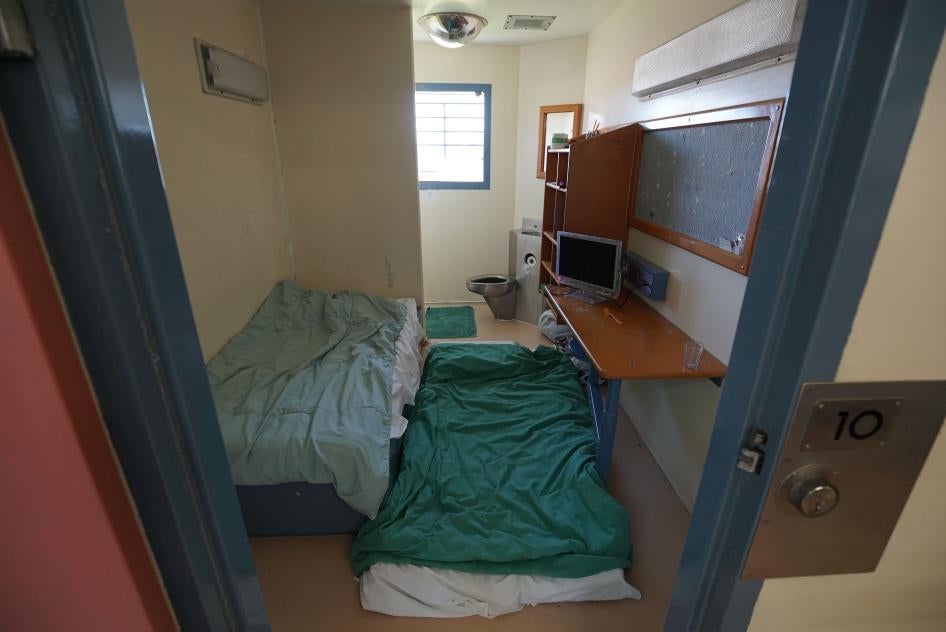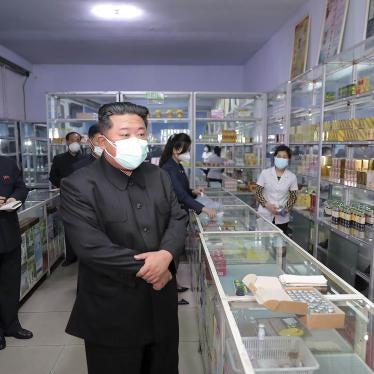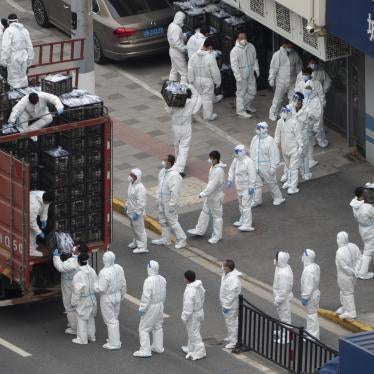Locked in cramped cells with others, being an easy target for violence, and getting bullied for your food and medication – that’s daily life for a prisoner with a disability in Australia. And the Covid-19 pandemic is only making things worse.
For the 43,000 people in Australia’s overcrowded prisons, social distancing is impossible. And while many governments around the world are releasing some inmates, Australia has so far relied heavily on lockdowns and ending visitation rights, both of which can have devastating consequences for prisoners with disabilities, who make up more than 50 percent of the prison population.
Lockdowns put people with psychosocial or cognitive disabilities – already at risk of being manipulated or abused by others – at heightened risk of violence, especially since independent oversight of facilities is limited. When I met James, a prisoner with a cognitive disability, two years ago, he told me he feared nothing more than being in lockdown in his cell where he had been sexually assaulted. “It happened in my room,” James said. “He [the assailant] was my cellie. Afterwards, he told me to kill myself. So I cut myself.”
Prior to the Covid-19 crisis, staff shortages meant prisoners could already spend more than 20 hours a day locked in their tiny cells, which is severely damaging to mental health. Now, prisoners have even less out-of-cell time, and only essential staff are on duty. This lack of meaningful social contact – combined with anxiety caused by Covid-19, the stress of a prison environment, and severely limited mental health services – means rates of self-harm could skyrocket, particularly for prisoners with disabilities, as well as for Aboriginal and Torres Strait Islander prisoners for whom separation from family, kin, and community can cause extreme anxiety.
Despite calls from human rights and other organizations, Australia has done little to effectively tackle these issues. To address the threat posed by Covid-19, the authorities should urgently reduce overcrowding by releasing those on remand and prisoners held for lesser or nonviolent offenses, prisoners near the end of their terms, and those at higher health risk. State governments should not only rely on simple lockdowns but work to properly protect the physical and mental well-being of those who remain in custody, particularly those most at risk. If not, the coronavirus could prove catastrophic in more ways than one.








